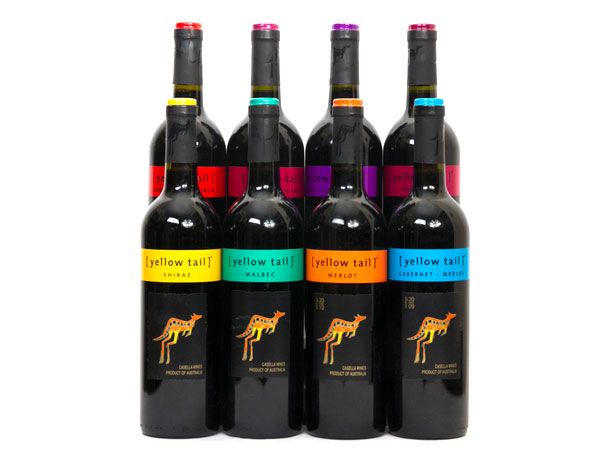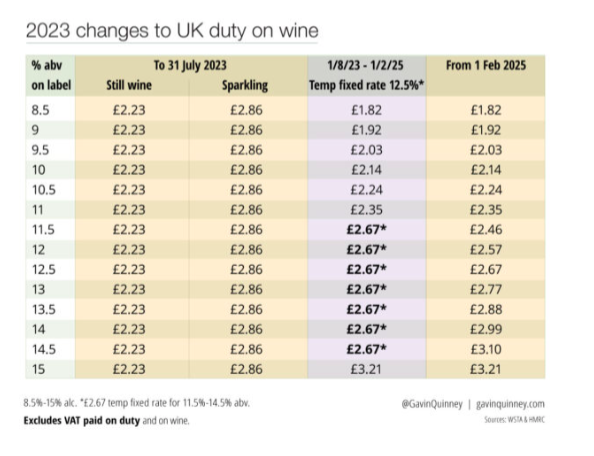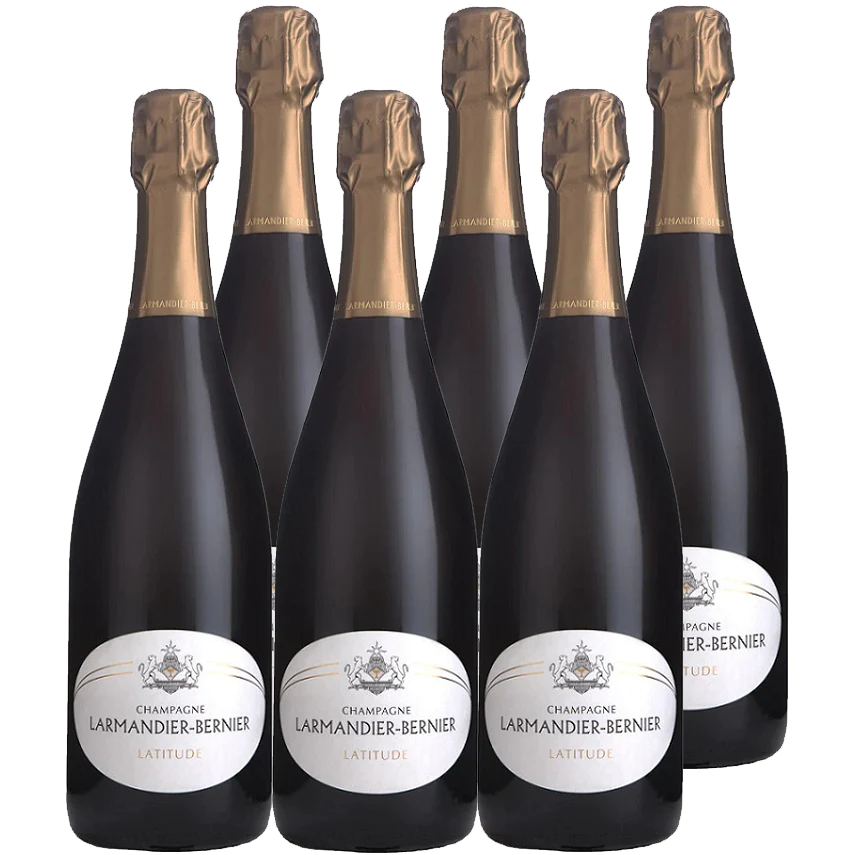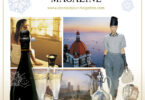July Wine and Food-New UK Duty on Wine regime
It is August. We call it the silly season, but this year it is far more a time of despair.
Yesterday the government struck us with its revolutionary change in the way it collects duty on beer, wine and spirits. We have known about these plans for some time, but I suppose many of us had hoped, with galloping inflation, that they would not add to our problems by slapping whacking great imposts on our little comforters in the form of alcoholic drinks.
Sunak worked out this brilliant new scale when he was still Boris Johnson’s Chancellor and when our foreign policy was principally characterised by the desire to bait our close cousins in mainland Europe who have been shipping good wine to this country for more than a millennium.

Instead of some admittedly strange duty bands for sparkling wines, fortified wines etc, the system was going to be progressively replaced by one where alcoholic degree determined the sum to be paid (the full horror of the changes will only come into force in 2025). If the drink in question (beer, cider, wine or spirits) contains under 11.5 percent ABV, the duty imposed will actually be lowered, if more, however, it will increase.
As most of us are aware, even the famously delicate wines of Germany are generally over 11.5 now that most are fermented out dry and the average ABV of modern wine in general is around 13.5; so, the duty has now gone up by an average of 44 pence a bottle.
As we add 20% VAT to the price of the wine, that sum is actually 53p more. Most Australian reds, for example, will be paying that extra 44p, but the many full-bodied wines that hit 15% ABV will find themselves looking at a staggering increase of 98p a bottle.
Gavin Quinney, proprietor of the excellent Château Bauduc in Bordeaux’s Entre-deux-mers has produced a useful summary of the changes:
Here is Gavin’s chart:

As he puts it, ‘On a £5 bottle of wine, £3.50 will be UK tax – not so long ago, that was the average price paid in a supermarket.
That’s a mere 70% tax, in duty and VAT!
On a bottle costing £8 meanwhile, 50% is UK tax, made up of £2.67 duty and £1.33 VAT. That’s an easy number to remember, and might set the alarm bells ringing when you consider the £4 that’s left.’
Most sparkling wine will see its duty reduced by 19p a bottle. Gee whiz!
This was meant to be a sop to English and Welsh sparkling wine producers, and will also benefit popular imported wines such as prosecco.
It will also spare champagne from any increase in duty.
Most champagne-style wines made in England, however, already sell at near-as-dammit champagne prices and that 19p is hardly going to make any real difference to their fans.
Fortified wines and spirits will also experience a belly blow.
A port at 20% will see a rise of £1.30.
Spirits have been slammed with even higher taxes.
“As Gavin points out, the beleaguered post-Brexit, post-Covid restaurant scene will once again feel a chill wind, as they hope to make some 70% profit on the wines they sell, and most people will be looking at the top of the list to choose their wines, and drinking a lot less of it.Many restaurants have closed already, while others only open in the evening because since Brexit closed the door to European cooks, waiters, barmen and women they have been unable to find staff. Currently there are 130,000 positions vacant in the ‘hospitality industry.”
There are few public tastings in the silly season, but I had an interesting online tasting with When In Rome https://www.wheninromewine.com , an Italian-based company that specialises in bag-in-box, paper bottles and tins of wine, eschewing glass in the interest of preserving the environment.
Made In Rome has had some success selling to firms such as Waitrose, the newsagents Smiths and British Airways. They deserve it: the wines are good. In some ways the glass bottle debate is similar to thecork-versus-screwcap argument a decade or two ago. Go back fifty years and relatively few wines needed corks or bottles as many were sold in large volume containers for hotels, restaurants and bars.
Putting wine in a glass bottle with a cork and a label was tantamount to saying that it was a top wine. Now every winemaker likes to think he or she is making a top wine. Putting it in a paper bottle would be slumming it. Go back a century, however, and even the world’s greatest wines were shipped in reusable wooden casks and bottled on arrival, but variations in quality led to an insistence on bottling under supervision at the château where it was made.
Made In Rome has a really good Italian rosato and boxes of Nero d’Avola and Primitivo which are fine for everyday drinking. They may not package DOCG wines this way as Italy’s top regions require all the dignity of bottles.
July was not all gloom and doom. There were parties. We went to the launch of the Kensington and Chelsea Festival at Leighton House, and the Czech Republic’s
Thirtieth Birthday party where good wines from Southern Moravia were served and there were firkins of proper Budweiser. Most of us who write about wine are less interested in decent everyday wines and more likely to make a detour to taste something exceptional.

The best wine I drank last month was probably the filligree Latitude blanc de blancs champagne from Larmandier Bernier we opened to celebrate a notable family success.
“I am still haunted by the aroma of fresh apricots.”
Ends







